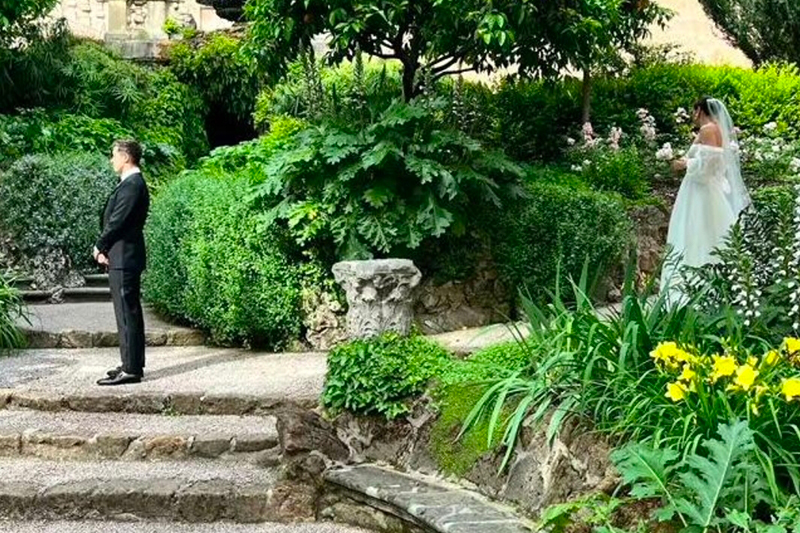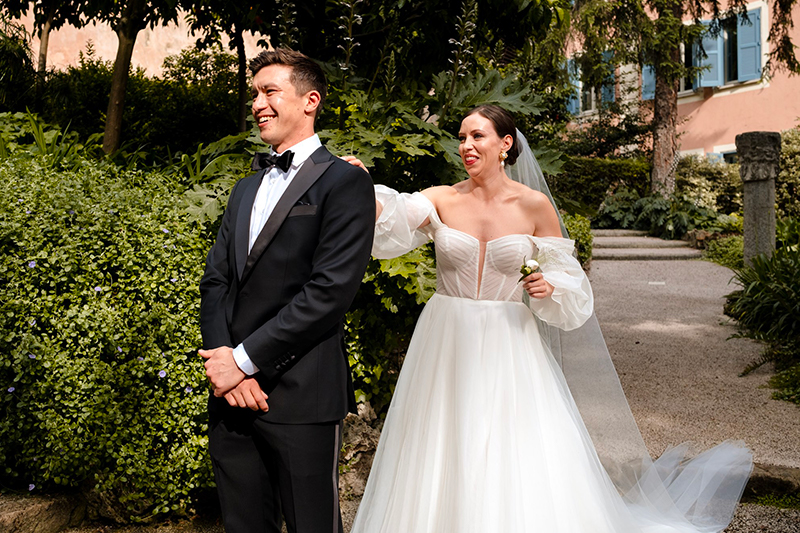
Let's talk in this blog about your ceremony. The ceremony is the most essential part of your wedding. Whether religious, civil, or symbolic, this is the moment you are actually getting married. So you need it to be perfect, unique, and graze your guests.
Remembering the last time you were a guest at a wedding could help you think about what made the ceremony stand out and, on the other hand, what parts put you to sleep.
Here are the most important things to consider when you are planning your ceremony:
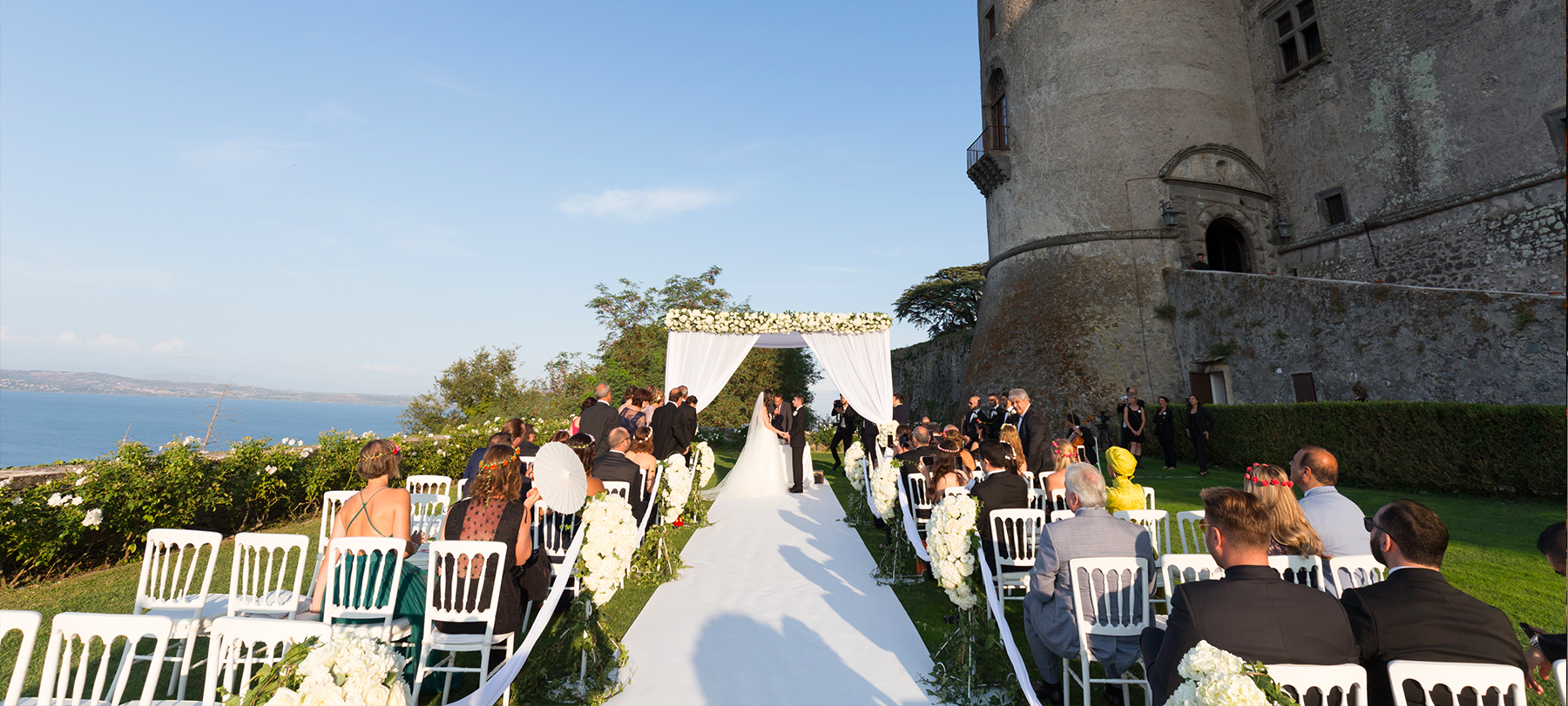
Consider booking a venue- church, temple, or town hall- near where you plan your reception. Better yet, at the same place if this can be an option for the type of ceremony you want. In the case of a destination wedding, it will cut your guests' transportation costs and simplify the logistics.
The weather is an essential factor. If you are having an outdoor ceremony, it is necessary to have a backup location should rain be forecasted. Hope for the best, plan for the worst.
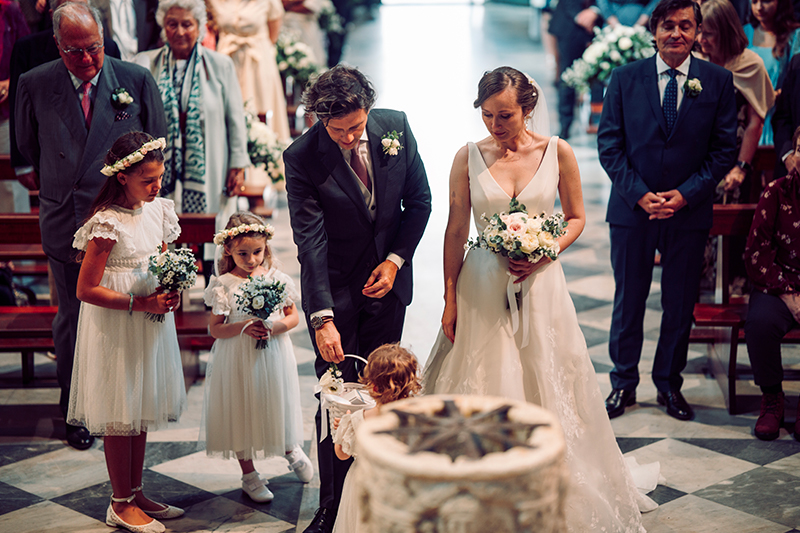
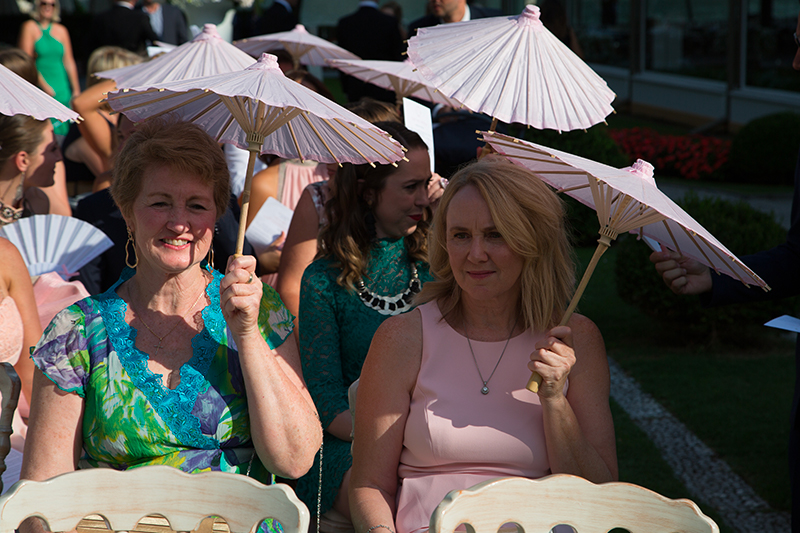
If your guests are comfortable, they can focus on enjoying your ceremony. So think of ways to make them as comfy as possible. That could mean reserving heat lamps to ward off chills in late fall and offering cozy blankets. Or ordering some personalized fans for a hot summer day. It will be a lovely keepsake for your guests and very useful even in the case of a wedding in a church ( a lot of them have no AC). Nobody likes sweating, having makeup melting down, or feeling chilly during a ceremony.
In case of an outdoor wedding in summer, consider where the sun will be during your ceremony. You can feel that by visiting your venue around the scheduled time. Provide shade by adding parasols or distributing small umbrellas.
You might want to make some drinks available for your guests upon arrival at the ceremony. It doesn't have to be alcohol, just some excellent cool beverages like iced tea or fresh lemonade.
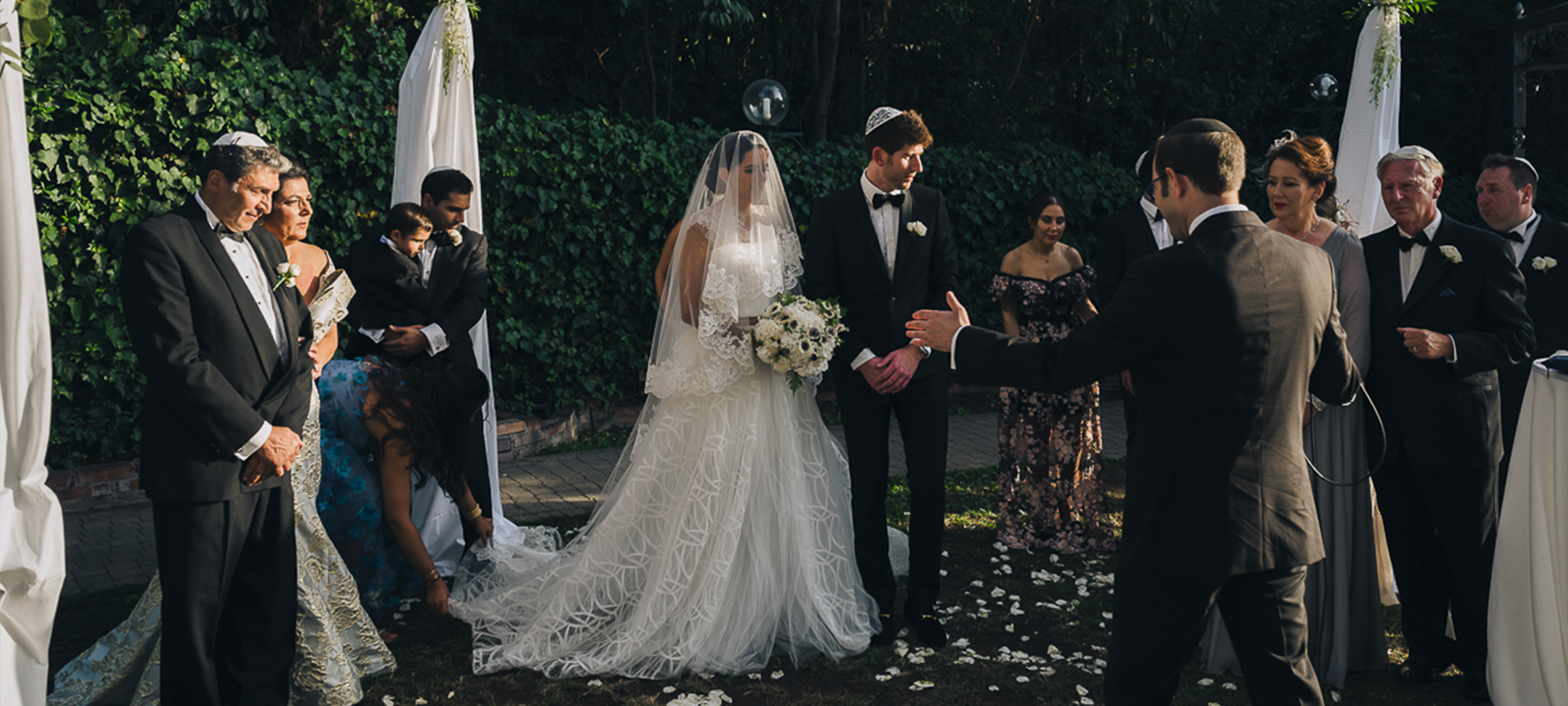
Your officiant -or celebrant- will guide you through the commitment you will make for the rest of your life. Not only must they be qualified or ordained, but they should be someone you feel comfortable with. So, by getting to know them beforehand, your ceremony will likely be more personalized and authentic.
When you meet your officiant, expect a few questions. It will help them know you better and understand the specific requirements for your ceremony.
Find out what ideas they propose to incorporate and give them yours. Talk about your vows. Do you want to write your own? Or do you want your officiant to write them for you?
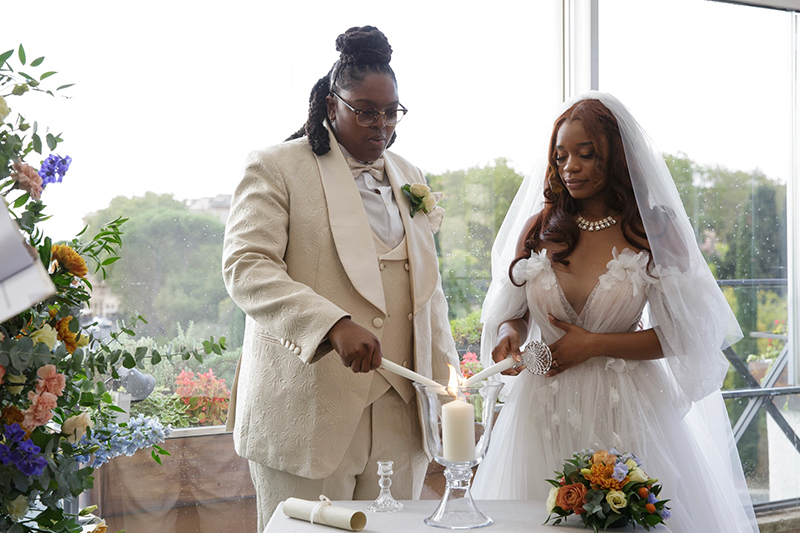
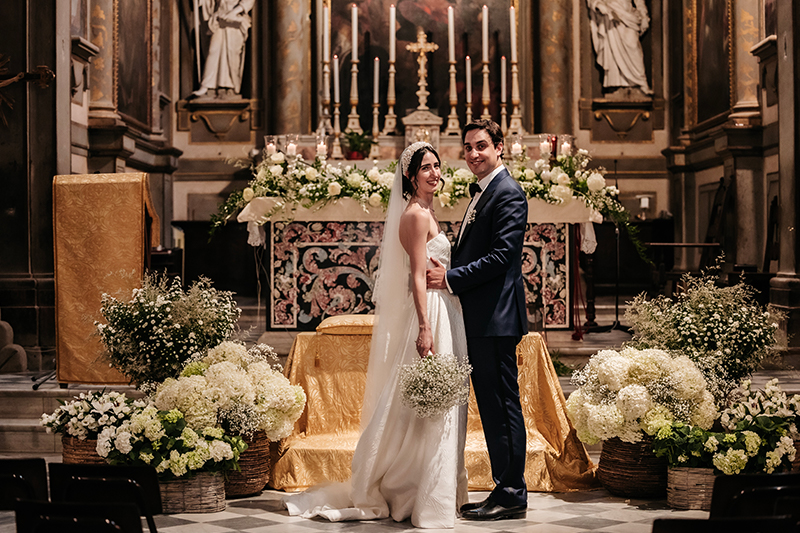
From getting ready to travel to the venue, many prewedding to-dos can potentially put you behind schedule and make your ceremony start late. In many cases, you only have the ceremony space for a limited time, and you don't want to make your guests wait on you. Plan 2 to 3 hours for beauty -hair, and makeup- especially if you are getting ready with your bridal party (and toasting)! Add an extra 30 minutes for a session of photos before leaving for the ceremony.
Factor in the time you need to reach your venue. You do not want your guest to wait.
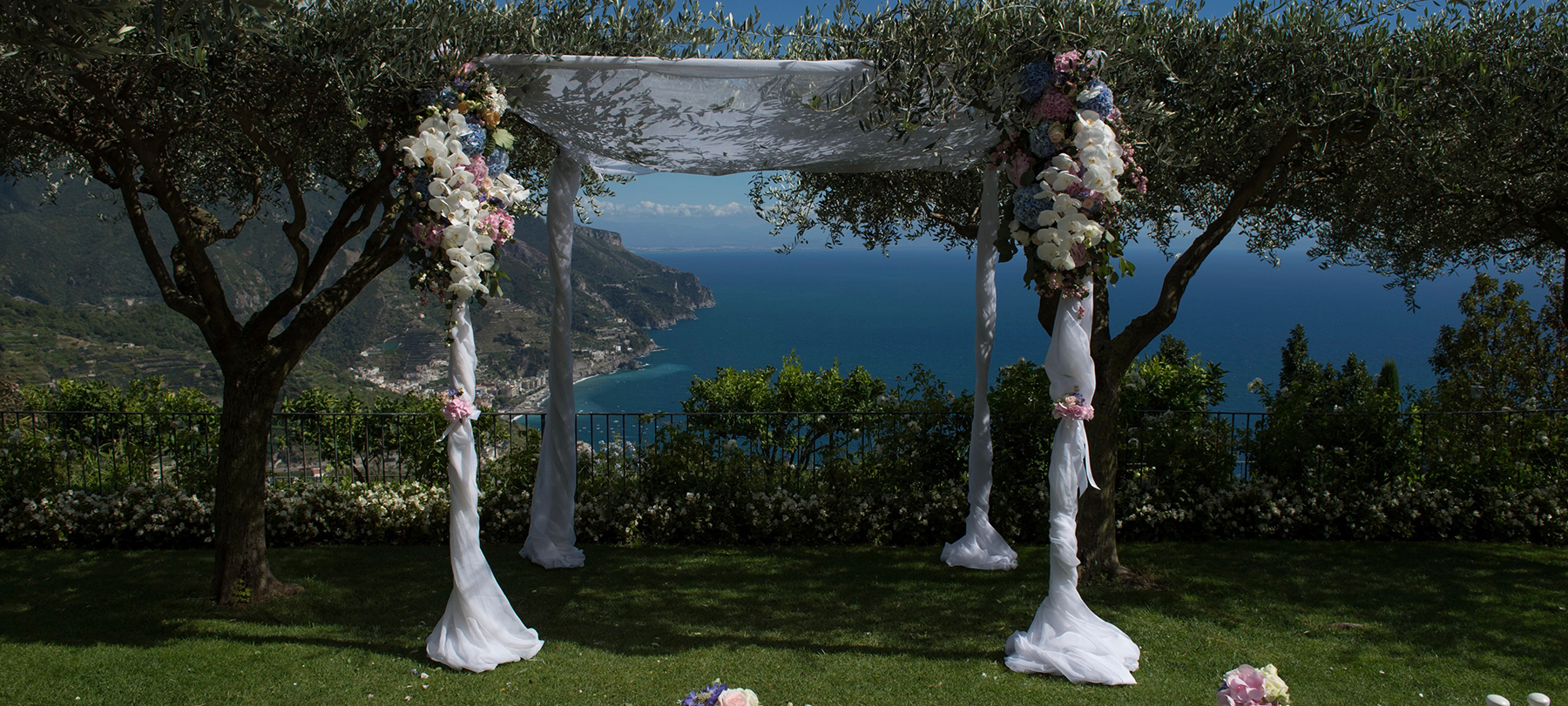
In the case of religious or civil ceremonies, the timeline might not be in your control. Instead, you can manage the event's length for a symbolic ceremony. Remember that your guests' average attention span is not long. The best ceremony length is 20–30 minutes, including the wedding party's entrance and exit. Avoid long readings/remarks/vows.
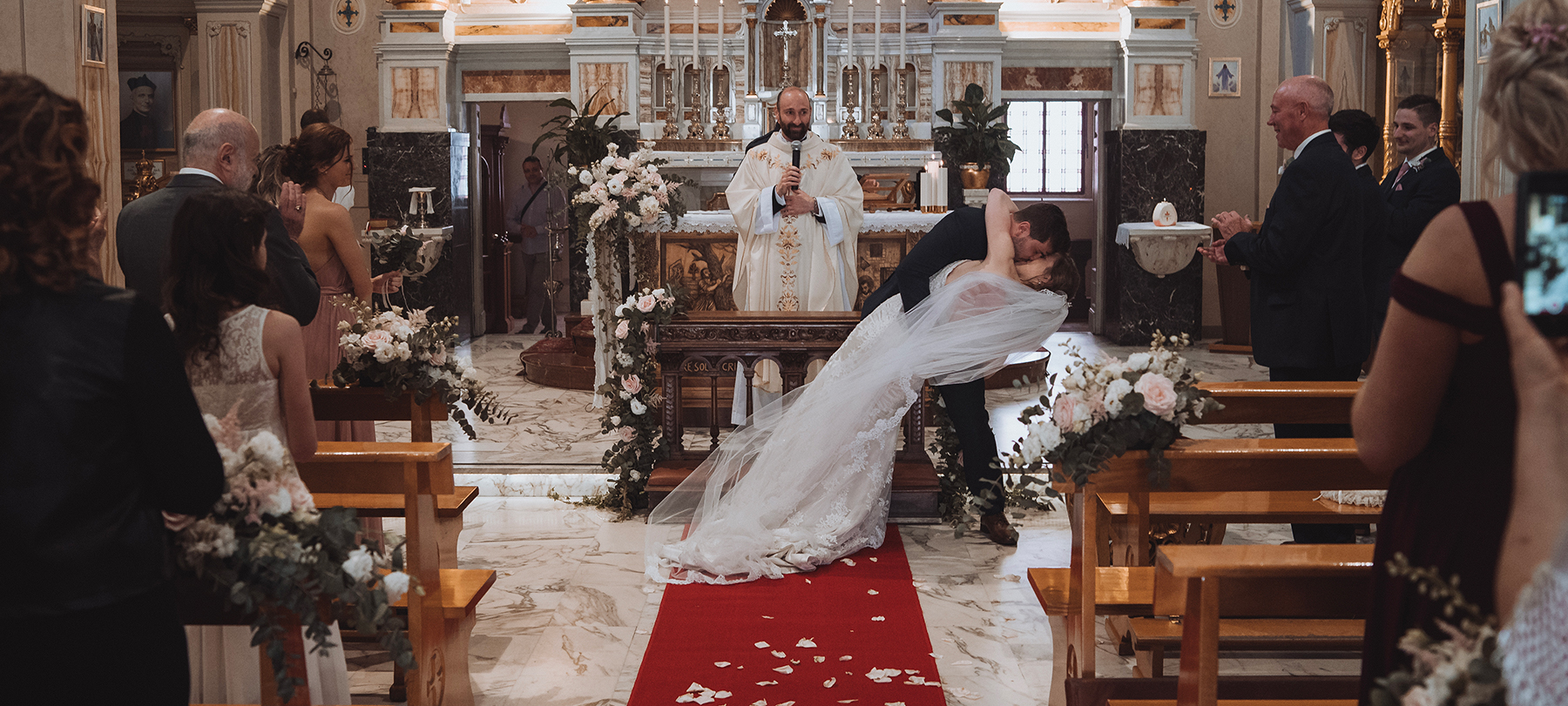
Do not be tempted to focus too much on the flowers and decor for the ceremony entrance area, especially if you are on a tight budget. Instead, focus more on decorating the altar, the event's main focal point.
If your ceremony and reception are in the same area, it would be a good idea to ask your florist to move the ceremony decor and adapt it to the reception area. This will allow you to save money and be less wasteful.
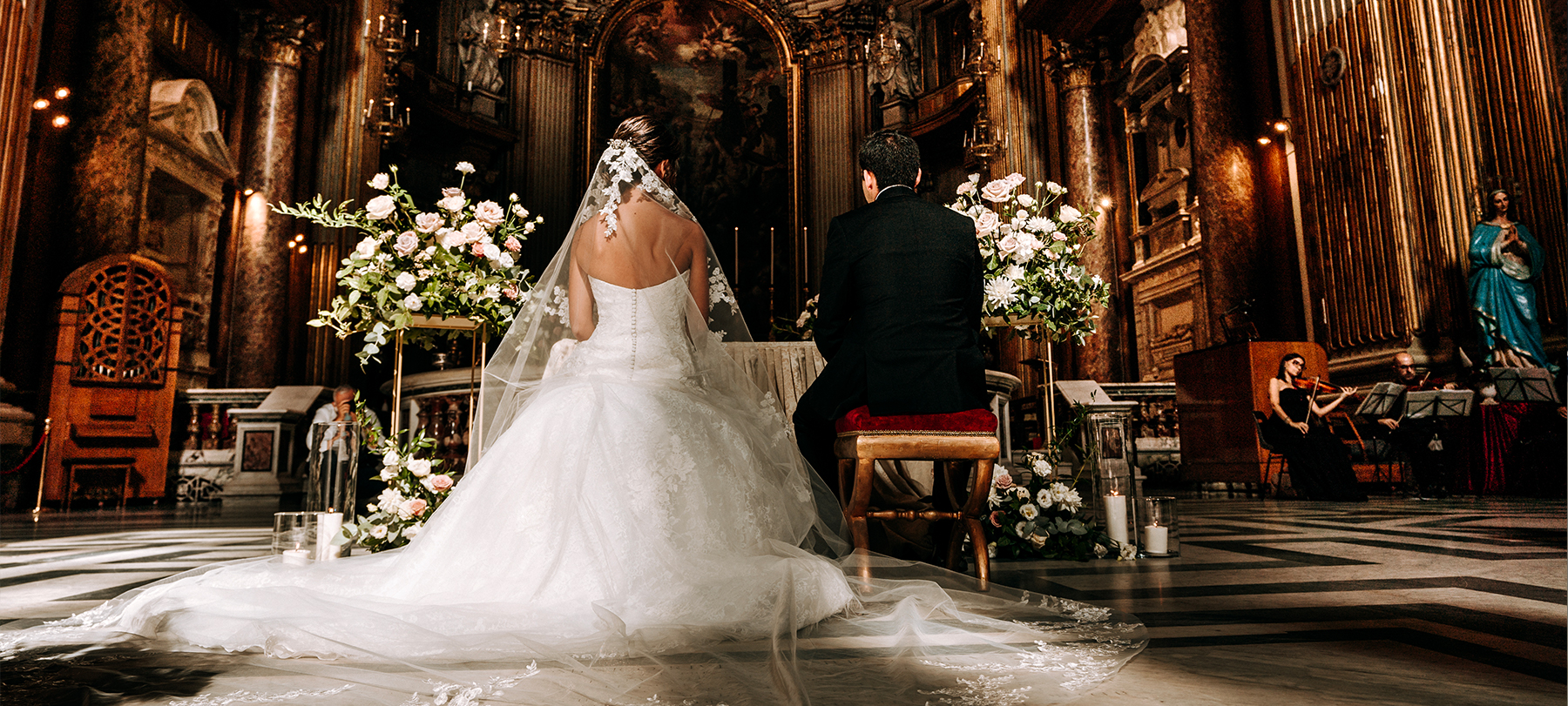
Unless you are bound by a specific processional in a religious ceremony, you do not have to follow the typical processional/recessional you see at every wedding. You can be creative and do things your own way. Mix up the order, skip the receiving line, make your grandmother serve as a flower girl, or have your bridal party of mixed sex-not only bridesmaids.
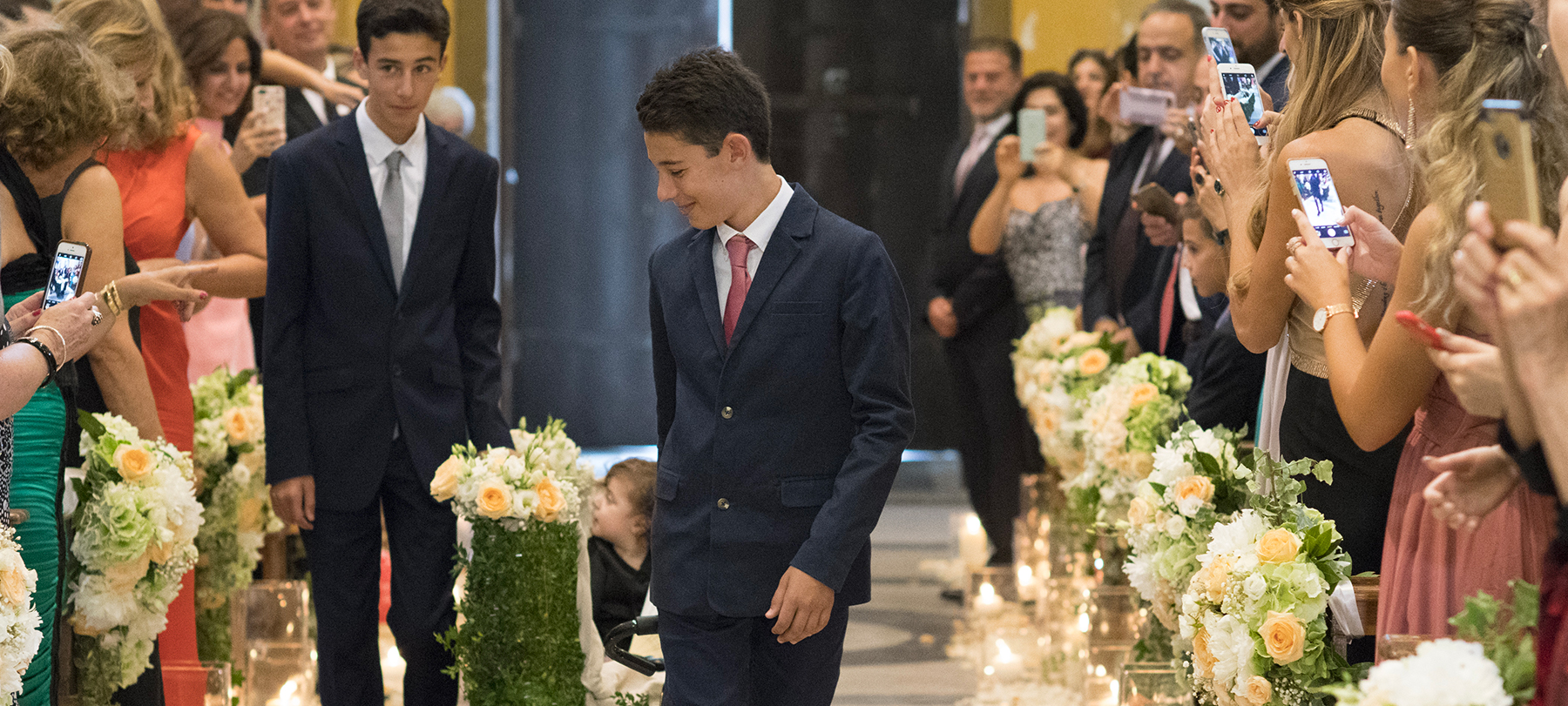
Make sure you reserve seating near the front for your immediate family and elderly relatives so they have the best seats in the house for visibility and audibility.
Talk with your photographer about ceremony restrictions. They need to know where they can stand, if they can use flash, etc. For example, some churches won't allow photographers to be in the front aisle.
Walk at a slow pace, both for the processional and recessional. Your wedding day will be over quickly enough; everyone always says it becomes a blur. So, soak in the moment and remember every little detail you possibly can.
After the ceremony, decide if you want to go into hiding for private pictures or greet your guests to hug and celebrate.
Incorporate a first look if you are not superstitious. A first look is a modern trend when a couple breaks the tradition of not seeing each other until the spouse walks down the aisle. The advantage? You have a moment, just the two of you, before the craze of the ceremony to connect with one another and take a deep breath.
